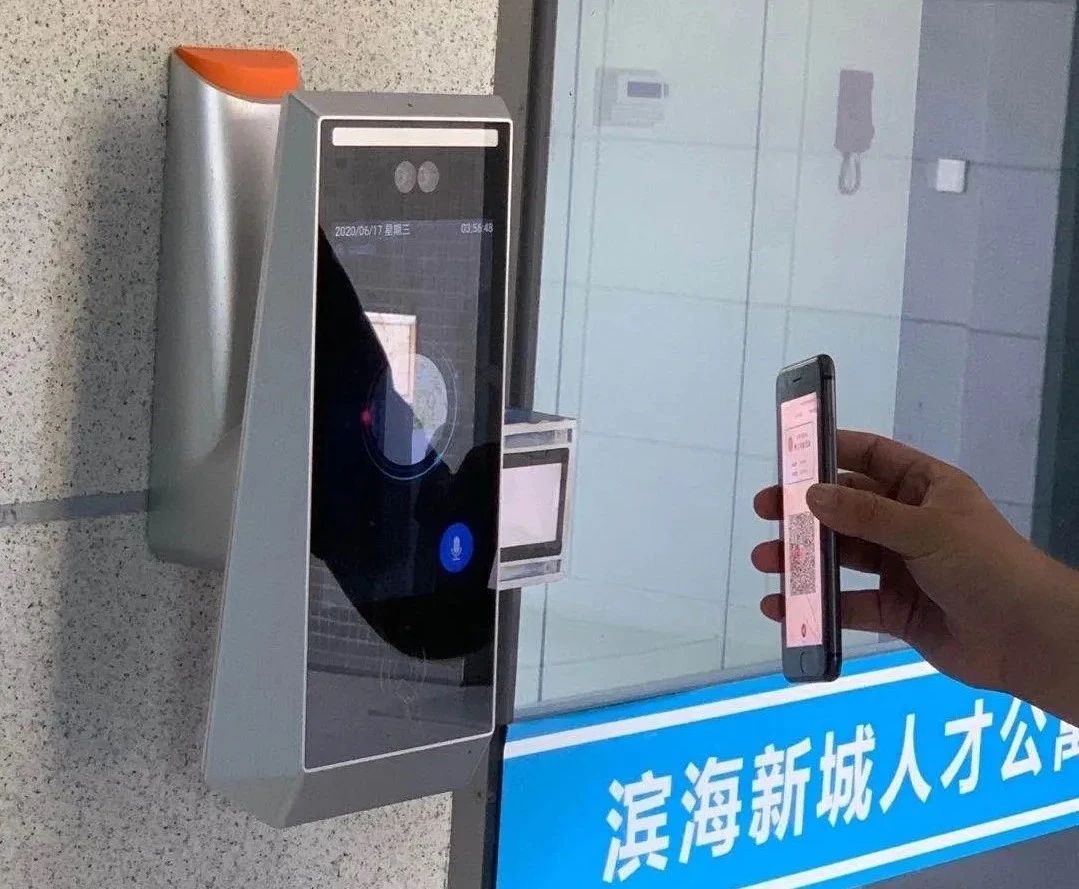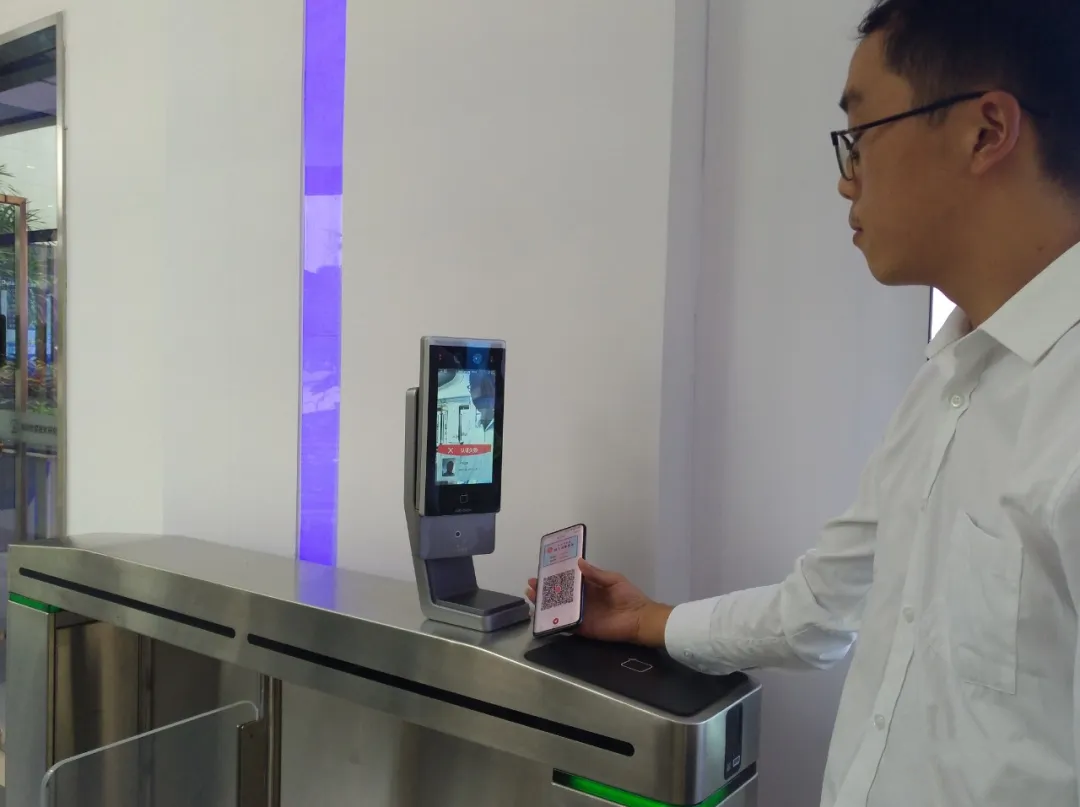 News & Resources
News & Resources
Only 3 seconds complete the scan code and identity authentication
Now in the Southeast Big Data Industrial Park of Binhai New City, Fuzhou, visitors from outside can easily complete the ID verification by scanning the QR code in just 3 seconds, enabling fast pass with "one code".
In the past, to enter the R&D building of the industrial park, you had to register your ID card information at the front desk and call interviewer to confirm, or even need interviewer go downstairs to meet. Now visitors can go upstairs as long as they swipe their QR code.
All these changes originated from Fuzhou’s first "Internet +" cyber trusted identity project pilot.

"Internet +" Cyber Trusted Identity Project Application Project
The "Internet + Cyber Trusted Identity Project Platform (CTID)" signed by the Fuzhou Municipal Government and the First Research Institute of the Ministry of Public Security, they jointly established a cooperative working group to build the country's first CTID Demonstration City, promote the launch of the "National 13th Five-Year Major Special Network Identity Management Demonstration City" in Fuzhou, promote the development of the trusted digital identity industry.
It assist the construction of "Digital Fuzhou" and the development of digital economy, promote the construction of Fuzhou e-government and smart city, and promote the modernization of the social governance system.
With the efforts, Fuzhou's first "Internet +" cyber trusted identity project successfully landed.

What is a trusted identity authentication platform?
The Cyber Trusted Identity Platform (CTID) is a set of identity authentication services connected to the user layer developed and constructed by the First Research Institute of the Ministry of Public Security in response to the application requirements of network trusted identity management, providing users and third-party applications with the unified and reliable network identity authentication service of "real person + real name + demonstration" creates a convenient, efficient and secure network platform.
Specifically, CTID is to desensitize and de-identify the identity information carried by the resident ID card (such as name, ID number, expiration date, etc.) to generate irreversible, non-plaintext information, and it has the same data as the legal certificate.
It is applied by the residents on the platform and bound with the ID card, and stored in a terminal such as a mobile phone which is used to connect to the CTID platform when doing business, and it will not cause privacy leakage during transmission.
The CTID has the characteristics of easy storage, easy portability, multiple password protection, etc., and high security in use which can greatly reduce the risk of loss of documents and fraudulent use, achieve "one time certification, multiple use, and full Internet access."
In the future, many application scenarios requiring real-name, real-person, and empirical services, such as hotels, trains, airplanes, bank, hospitals, etc., as well as e-government, e-commerce and other fields will gradually realize the possibility of "swiping face" and "swiping mobile phone" CTID.